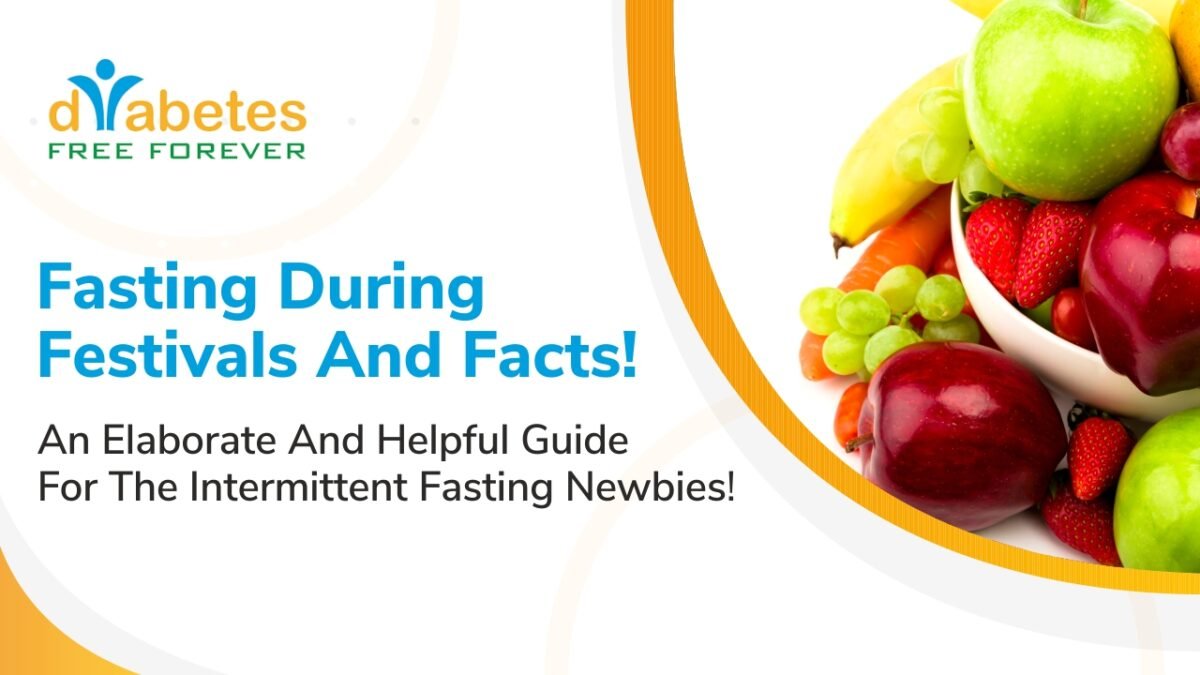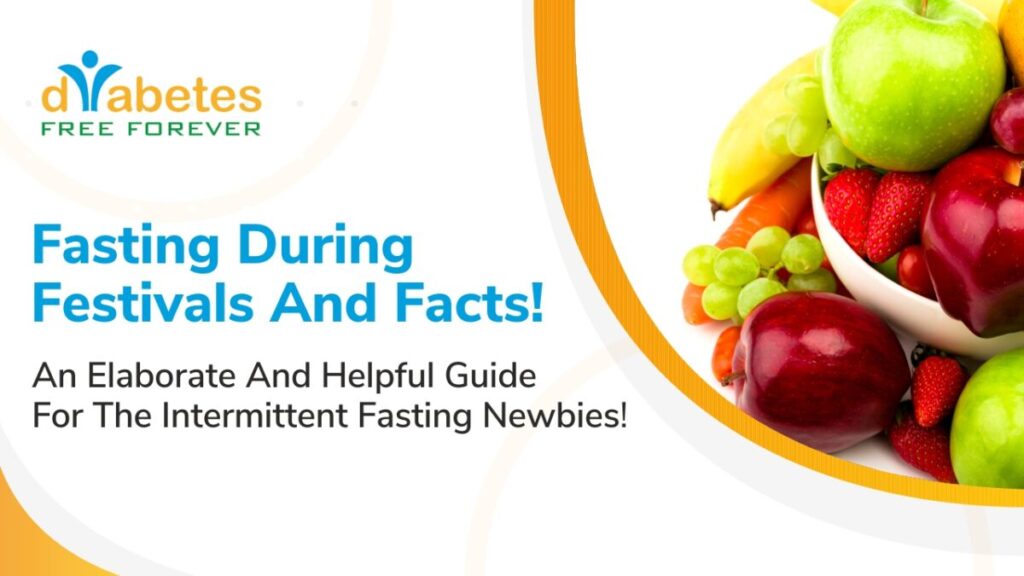

Festivities often bring practices such as fasting, praying, and meditating with them. Many of you might wonder why fasting is such an integral part of our rituals and religious practices. Keep reading and find out the amazing benefits of fasting and it’s importance in our lives.
Fasting has been prevailing in Indian culture since the very beginning of civilization. Fasting is abstinence from food or water for religious, health, or ritualistic purposes. Although it is many times viewed as unhealthy or depriving of nutrition, short-term or controlled fasting can do wonders for your health. More and more people have been practicing fasting to manage weight or improve their immunity metabolic and functions.
Intermittent fasting has become quite a trend after the advancements in health research suggested that intermittent fasting is a legitimate means of managing weight and preventing diseases.
Why you should go for intermittent fasting:
- Improves cognitive functioning
- Helps manage weight issues and associated health disorders
- Reduces inflammation
- Decreases the risk of metabolic diseases
What really is intermittent fasting?
Intermittent fasting is a practice where you eat in a specific period of time and observe a fast for the rest of the time period.
For example, if you eat something in the morning at 10 AM and have dinner at 7 PM, then that is your feeding period and from 7 PM to the next morning’s 10 AM is your fasting period. Although it is called a feeding period, it is advisable to eat in smaller proportions as required to fulfill one’s appetite.
Myths about intermittent fasting that might be stopping you from practicing it:
- You have to starve yourself for intermittent fasting
Although it is called fasting, people often mistake it as starvation. A simple explanation behind it is that, whenever you’re not eating, you are fasting. You are fasting when you sleep at night. And hence the first meal after getting up in the morning is called break-fast. So even if the word fasting might sound scary, it is essentially a very normal and routine practice we all do without even knowing it. - Between the fasting period, you’re allowed to eat anything in any quantity that you want
It is a bit difficult to restrain yourself when you have been fasting for a long period of time but that does not mean that you can eat anything you like during the feeding period. It is always advisable to eat a nutritious and healthy diet even when you are practicing intermittent fasting. It is also necessary that you eat in considerable proportions and avoid overeating because you are feeling hungry. - You should not practice intermittent fasting if you suffer from hypoglycemia (low blood sugar)
Intermittent fasting can be safely practiced by everyone. Although, it is advisable to consult with your physician before making any changes in your diet or lifestyle. The main objective of intermittent fasting is to lower your insulin levels so if your blood sugar levels are dropping, that means the diet is working. But monitoring blood sugar levels closely and adjusting medications accordingly is still important to get the best results.
Some fasting tips to help you during intermittent fasting:
- Drink water whenever you feel hungry.
- Drink a glass of water in the morning and before meals to reduce your appetite.
- Keep yourself busy so that your mind stays off of food.
- Don’t use fasting as an excuse to eat whatever you like. It’s always better to stick to a nutritious diet instead.
- Give your body at least a month’s time to adjust to the fasting practice.
- Fit fasting into your routine and try not to make a big deal out of it.
You get the best results of any practice when you carry it out with commitment and determination. Have faith in yourself and a positive attitude towards your plan.
Meditate and exercise to speed up your results, don’t give up on yourself.
If you have any doubts about diabetes treatment and consultation, please let us know in the comment section. To know more about the diabetes reversal program feel free to call us on 9511218891
Subscribe to our YouTube channel for health and lifestyle-related content and don’t forget to follow us on Facebook and Instagram!

